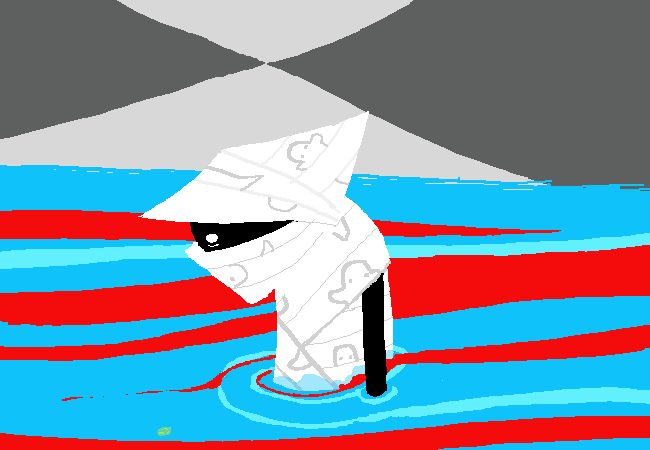tine-o:maplewren:laughingalonewithklingon:Ok, this kind of breaks my heart, and I feel like it&rsquo
tine-o:maplewren:laughingalonewithklingon:Ok, this kind of breaks my heart, and I feel like it’s exemplary of something that I think is one of Hussie’s greatest strengths as a writer. Well, two things.The first thing is that he has this incredibly strong grasp on the fact that for the people sad things are actually happening to, they are not dramatically resonant or bittersweet or poetic. They are just sad. When Vriska and John meet in dream-bubbles, Vriska doesn’t consciously think about how heart-wrenching it is that, in death, she’s meeting the one person that she kind of tied her hopes of redemption to, only for him not to remember any of the stuff they shared that she remembers as meaningful. She’s just a little sad about it, and a little unsure, and trying to make the best of it all. And just recently when Dave sees Dirk for the first time and we all went batshit trying to figure out what tender, tragic things might be going through his head, and then his reaction is basically “DO NOT WANT.” He’s not thinking about the godforsaken tragedy of it all, he’s thinking that he’s upset and wishes he wasn’t. Like real people do tend to react to stuff at first.Which kind of brings me to the other thing I wanted to talk about. Which is that Hussie completely and totally gets that he doesn’t need to spell out what a character is feeling. He understands the power of audience empathy and he uses it to his advantage. When presented with an opportunity to make it crystal clear to us what a character is feeling, he will leave it vague almost every time. And not only that, but when he does tell us how a character feels (as above) he keeps it general. He understands that he can tell us that WV feels sad, and we understand immediately that sad is a severe understatement of how WV must be feeling, without needing to be explicitly told. Hussie implies, rather than states, and he leaves it up to us to understand and imagine based on our comprehension of the characters involved and the situations they’re in.What he expects of us is to fill in the blanks and flesh out the story with our own emotional reactions and with our empathy. He asks us to participate on an individual level in constructing the emotional resonance of the story, by embellishing it for ourselves as we go. This is a good post because it lists the perfect examples that make Homestuck what it is: a story driven primarily on the reader’s emotions.this is everything i have ever wanted to say about homestuck -- source link
Tumblr Blog : magnetsandneato.tumblr.com
#homestuck#feels#hussie

